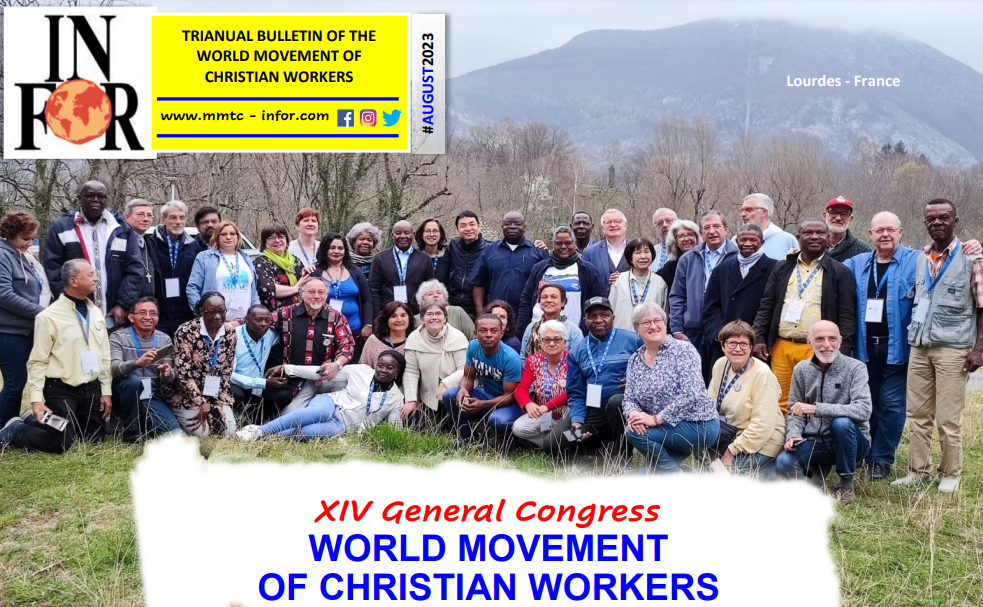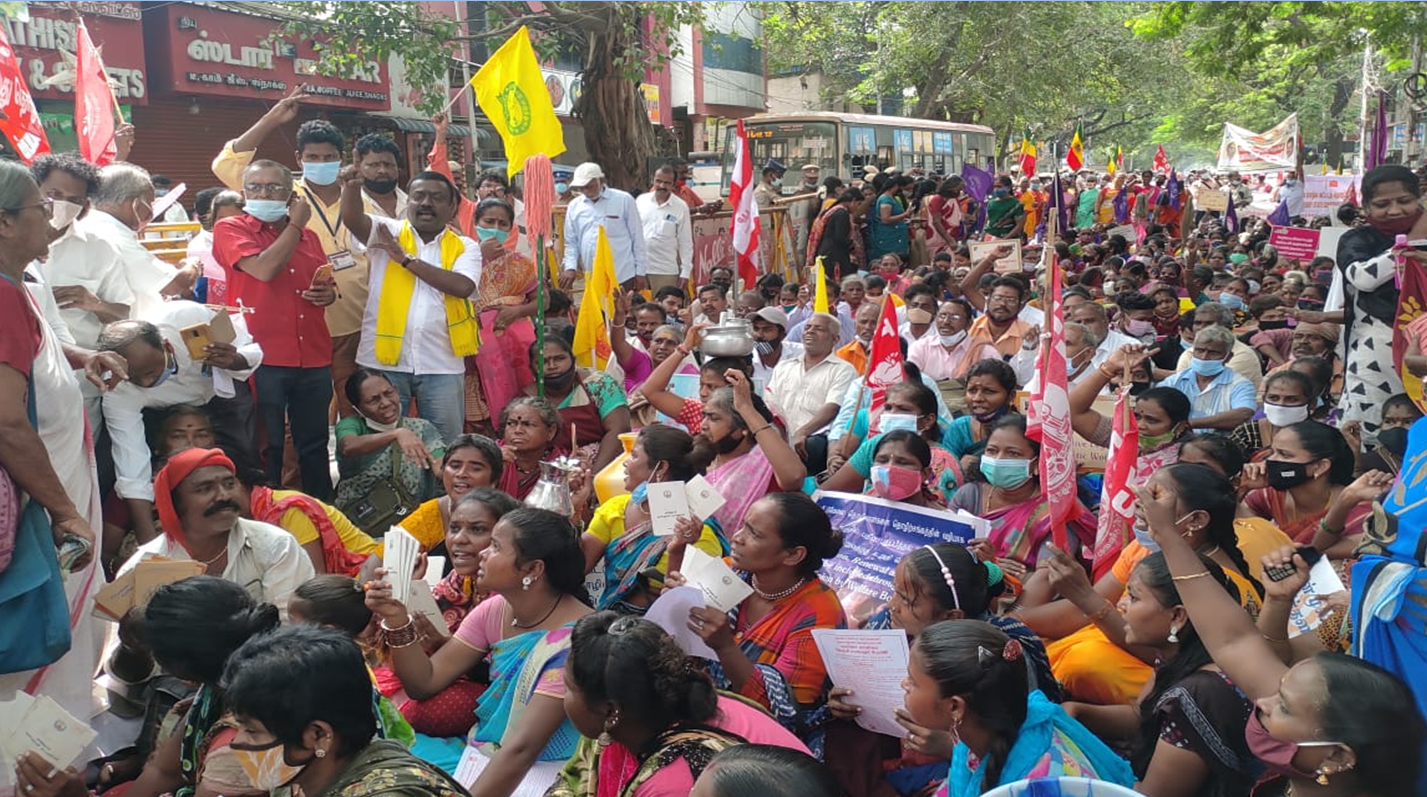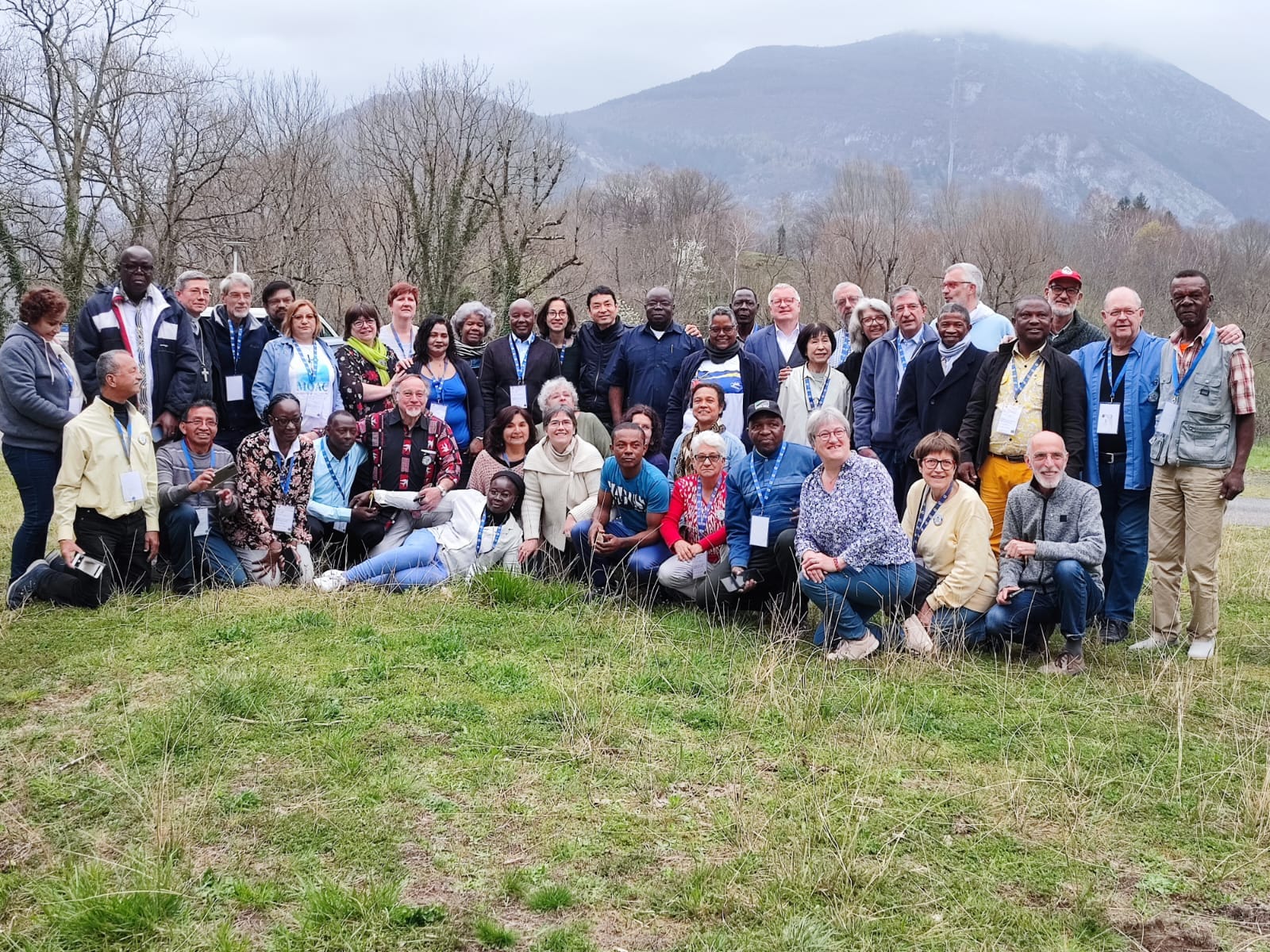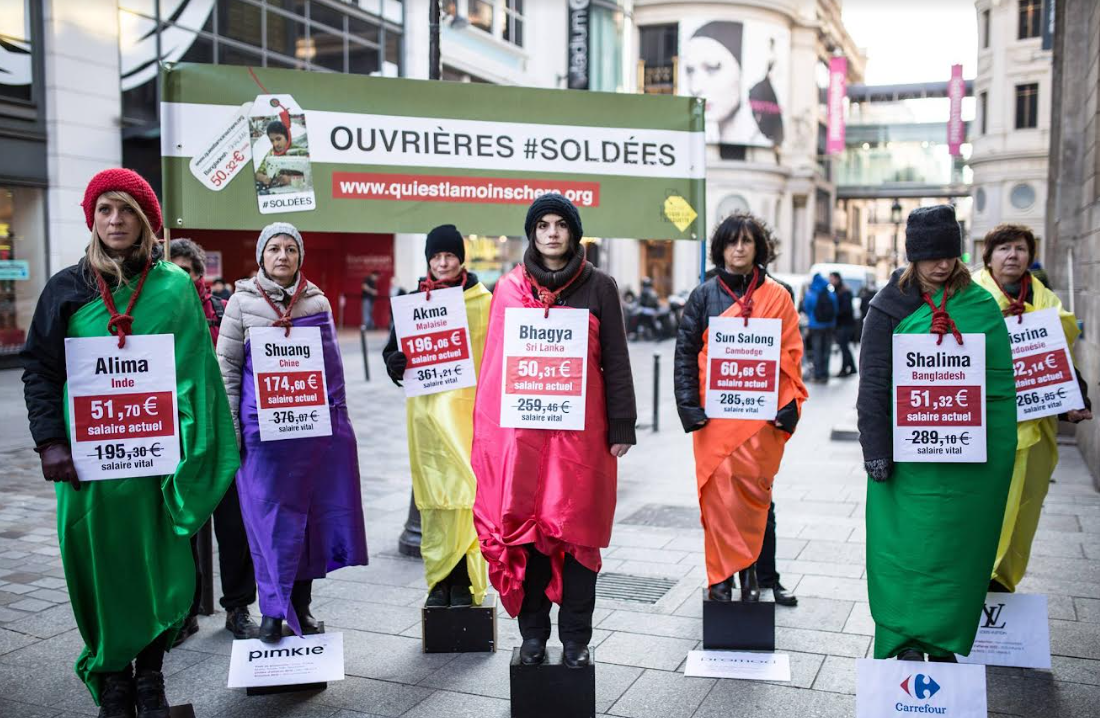MMTC/WBCA/WMCW on Facebook
Recent Articles
- Leo XIV: Observing and reflecting on the world from the peripheries
- Message of the WMCW for World Day for Decent Work 2025
- WMCW International Council Meeting 2025
- Speech by Christine Isturiz, Co-President of WMCW, at the International Labour Conference, Geneva, June 2025
- Message from the WMCW on the occasion of the International Labour Day on May 1st, 2025
- Message from the WMCW on the Occasion of the Celebration of International Women's Day 2025
- Merry Christmas and Happy New Year
- WMCW Statement on the International Migrants' Day - 2024
- Message from the World Movement of Christian Workers (WMCW) on the World Day for Decent Work 2024
- WMCW International Council Meeting 2024











